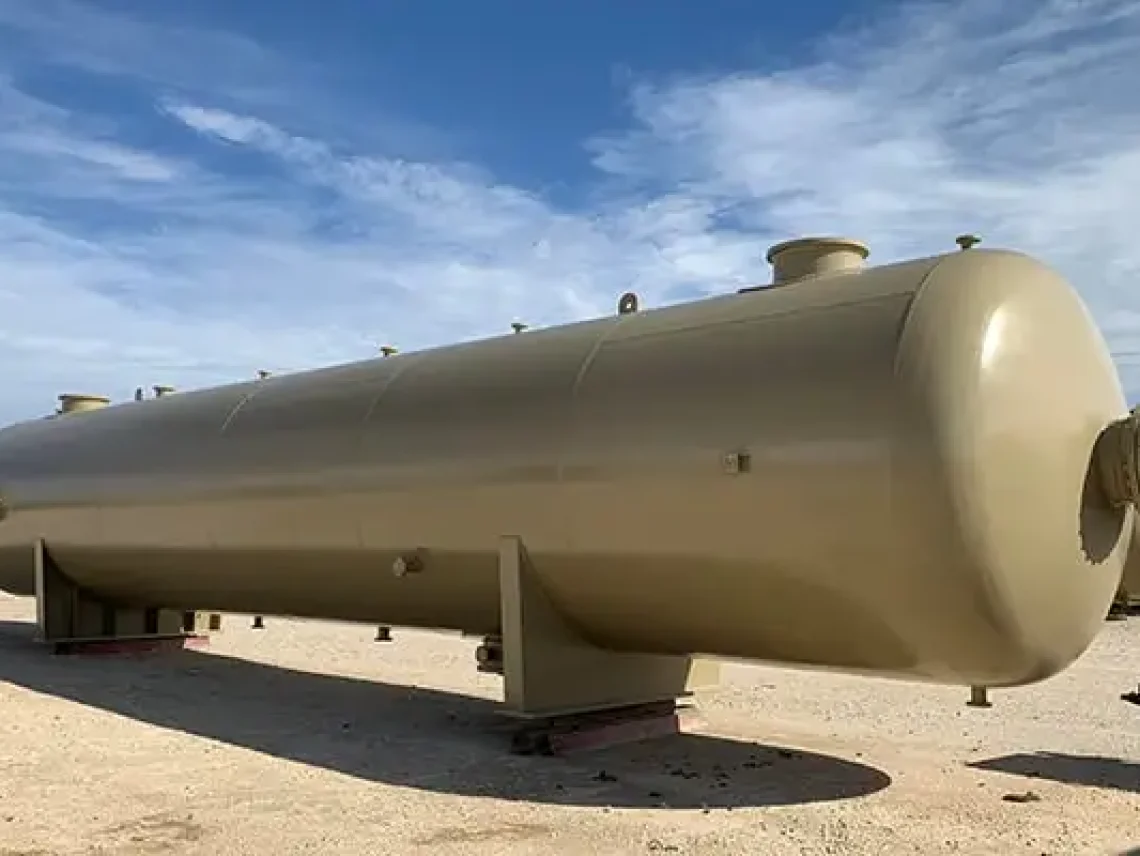
Distillation, at its core, is a machine-driven process used to separate additives or materials from a liquid mixture by employing selective boiling and condensation. This method is particularly instrumental in purifying water, refining oil, and generating spirits, among other specialized applications. The fundamental principle of distillation revolves around the differences in boiling points of the components within the mixture. As a result, this allows us to effectively isolate and extract them with precision.
On the other hand, separation technology encompasses a broader set of strategies designed to divide a combination of materials into two or more distinct products. Unlike distillation, which primarily relies on boiling points, these separation techniques can be based on mechanical, physical, or chemical properties. For instance, commonly used separation methods include gravity separation, centrifugation, and filtration. Furthermore, separators serve as flexible tools for waste management, enhancing product purity, and improving overall process efficiency across a wide range of industries.
The distinction between distillation and separation extends beyond just the techniques they employ; rather, it also lies in their specific applications and performance under different conditions. Generally speaking, distillation is most effective when working with liquid mixtures in which components exhibit significantly different boiling points. In contrast, separation techniques can be applied to a much wider variety of mixtures, including gases, liquids, and solids. As a result, these techniques play a crucial role in environmental management, production optimization, and energy-related processes.
Pressure vessels for distillation must withstand high temperatures and pressures due to the boiling and condensing processes. These vessels require materials and coatings that resist corrosion and handle intense thermal stress. In contrast, separators operate under varying conditions, transitioning between gas and liquid phases. They often include internal components like baffles or meshes to facilitate efficient separation. While separators typically function at lower temperatures, they generally experience higher flow speeds.
Recent innovations in separation technology, including advanced filtration and membrane systems, have expanded the possibilities for performance and purity. These improvements demand more adaptable strain vessels, often requiring modular designs that can be easily updated or modified as technology advances. Additionally, the focus on strength, performance, and environmental sustainability has led to designs that reduce waste and optimize separation processes. This includes using lighter, stronger materials and refining designs to enhance internal flow dynamics.
Regulatory standards play a crucial role in ensuring the safety and reliability of pressure vessels used in distillation and separation. Organizations like ASME (American Society of Mechanical Engineers) establish requirements for materials, design, fabrication, inspection, and testing. These standards help maintain industry consistency, ensuring vessels perform safely and efficiently under demanding conditions.
Emerging trends in distillation and separation technology include the combination of clever technology for higher method management and optimization, the development of more energy-green approaches, and the use of the latest substances and coatings to beautify performance and longevity. These traits are in all likelihood to steer future pressure vessel designs to be more versatile, efficient, and sustainable. For instance, smart sensors and IoT (Internet of Things) devices can be included in vessels to screen performance and predict renovation wishes, even as new substances should offer better resistance to corrosion and wear, extending the lifespan of the vessels.
Environmental sustainability is more and more becoming a concern in the production of stress vessels for distillation and separation. Manufacturers are adapting using growing technology that reduces electricity consumption and reduces waste production. This includes using more efficient warmness alternate structures in distillation tactics, that can appreciably reduce power requirements, and the implementation of closed-loop structures in separation procedures to minimize waste. Additionally, the choice of substances and production strategies is being encouraged by way of issues of lifecycle environmental impact, leading to the expanded use of recyclable substances and techniques that emit fewer pollutants.
In the realm of industrial solutions, Red River emerges as a pioneer, offering a diverse range of custom-engineered products and facilities. Among our specialties is the design and production of Custom/OEM Pressure Vessels, meticulously crafted to meet individual client requirements, ensuring performance under various pressure conditions. Our expertise extends to the domain of prefabrication, where Red River leads with distinction.
The company excels in creating prefabricated facilities, modules, and packages, reinforcing its stance as a forerunner in innovation and quality. This proficiency is further mirrored in their Modular Skids offering, where they provide an array of Modular Fabricated Skid Packages and Packaged equipment. Each piece is tailored to client specifications, underlining their commitment to delivering precision and excellence in every project they undertake.